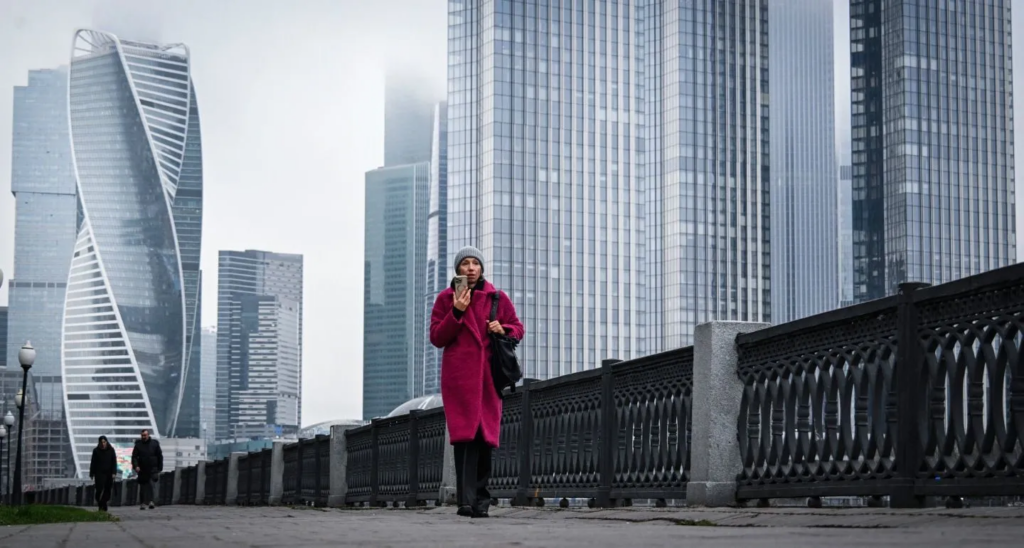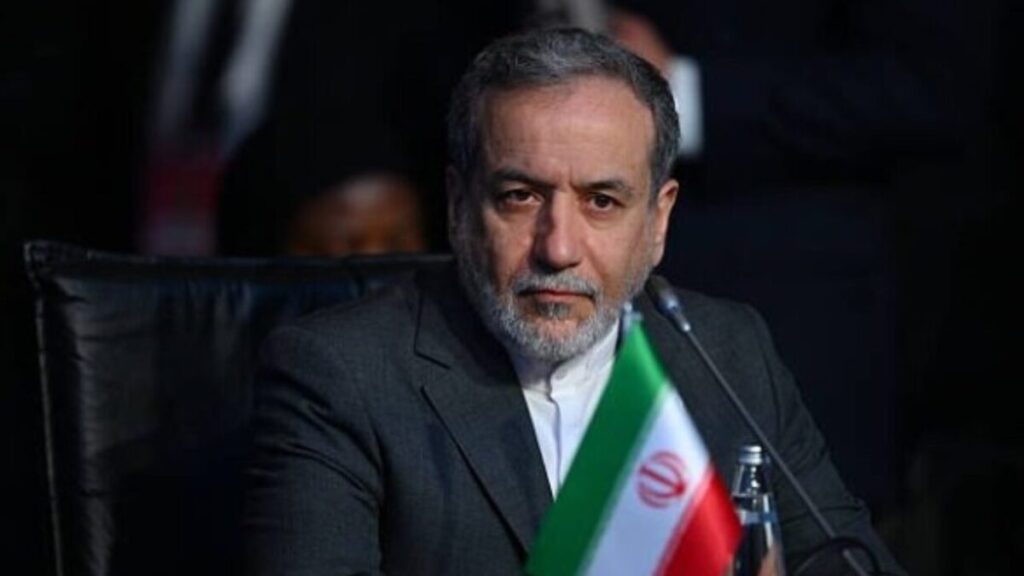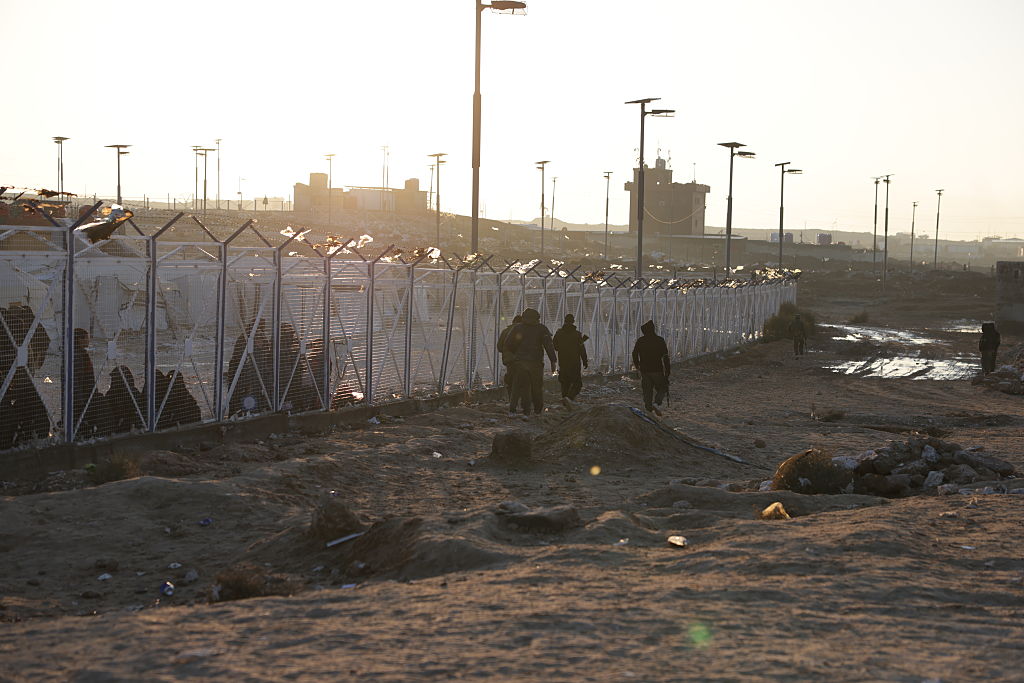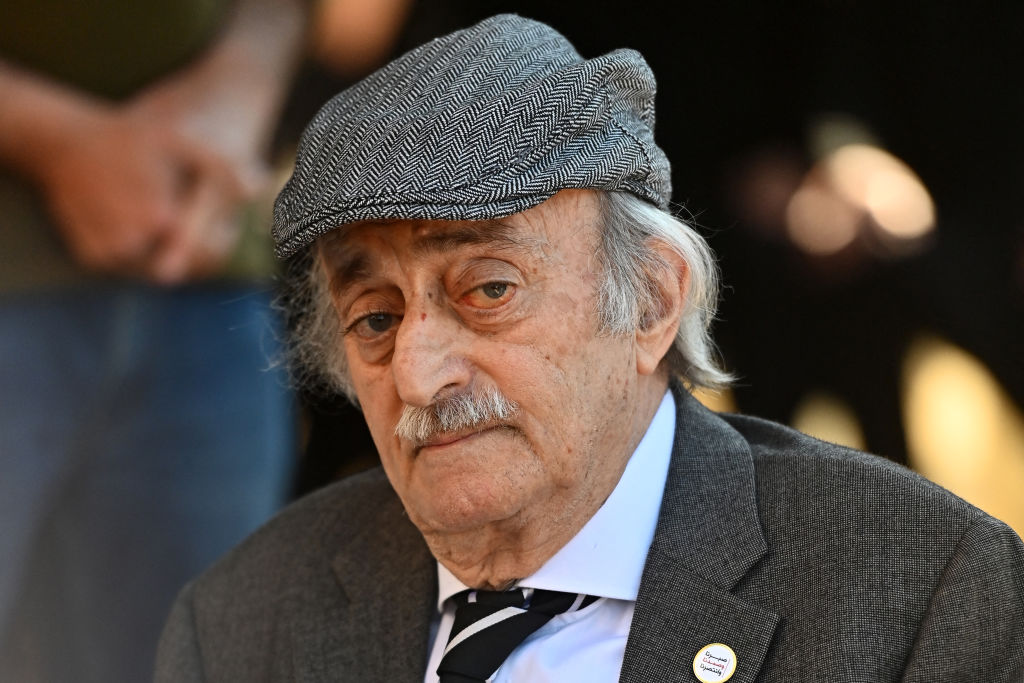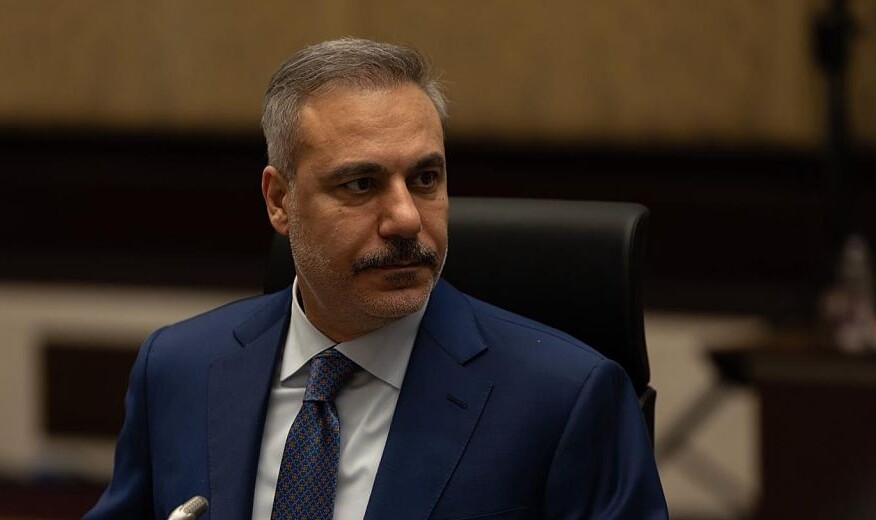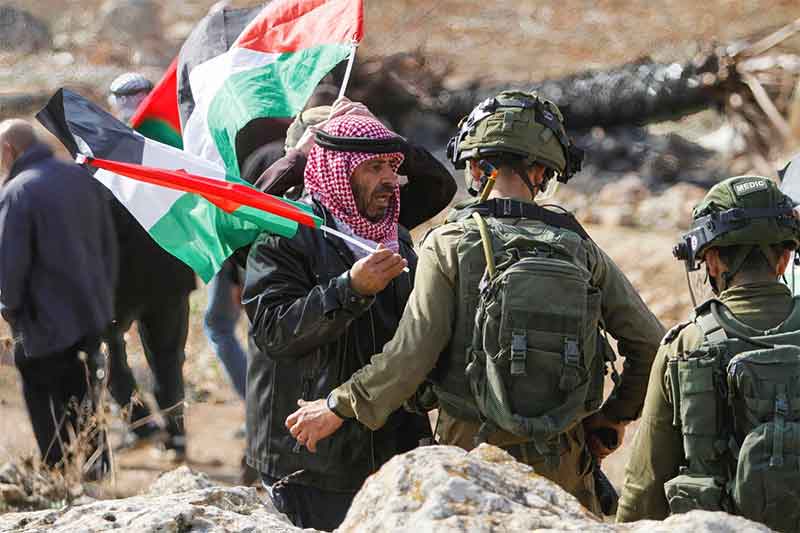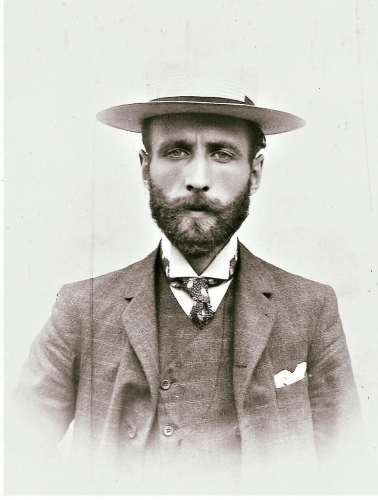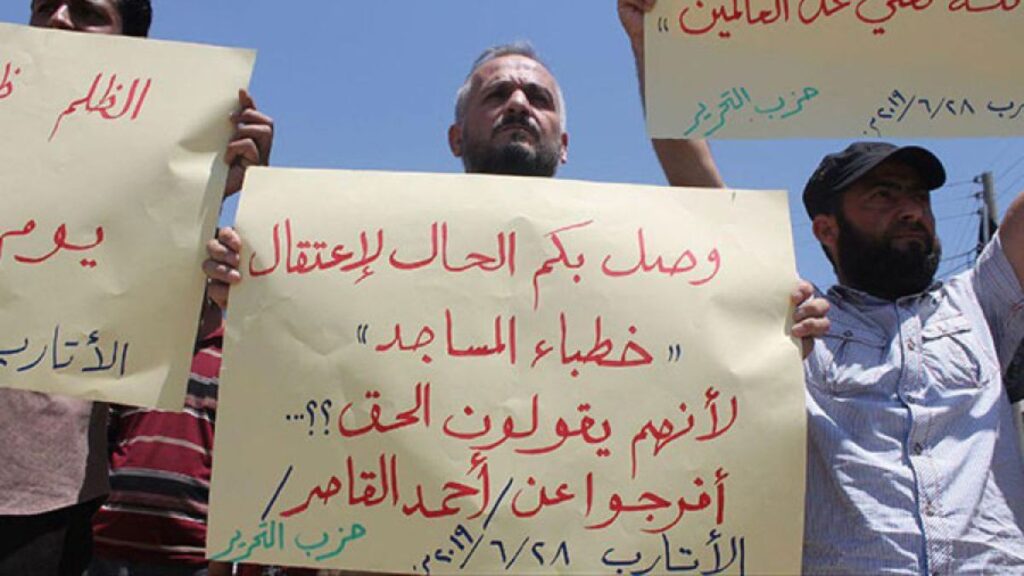Argent créé à partir de rien et exploitation: la dictature financière des seigneurs apatrides de la notation
Sur la base de la nouvelle alchimie bancaire, qui transforme le papier imprimé en or et, en outre, en chaînes inoxydables de l’endettement, la classe liquide-financière des seigneurs de la globocratie sans frontières a acquis le monopole de la creatio ex nihilo de la monnaie et de la notation (c’est-à-dire du montant que les entités publiques ou privées paient pour obtenir de l’argent). Le monde entier est endetté envers la classe dominante pour la simple raison que l’on progresse en accumulant des intérêts. La virtualisation luciférienne de la turbofinance a en effet conduit à la création, ex nihilo, d’immenses valeurs comptables, mais sans fondement réel, ainsi qu’à des bulles immobilières et boursières, à des effondrements et à des récessions. Ainsi, profitant des actifs toxiques et de la fraude financière évidente, le Seigneur mondial-élitiste renforce de plus en plus sa domination sur le Serviteur national-populaire appauvri : grâce à son propre pouvoir, il impose aux gouvernements ses propres choix, en finançant certaines politiques spécifiques et en en définissant d’autres.
